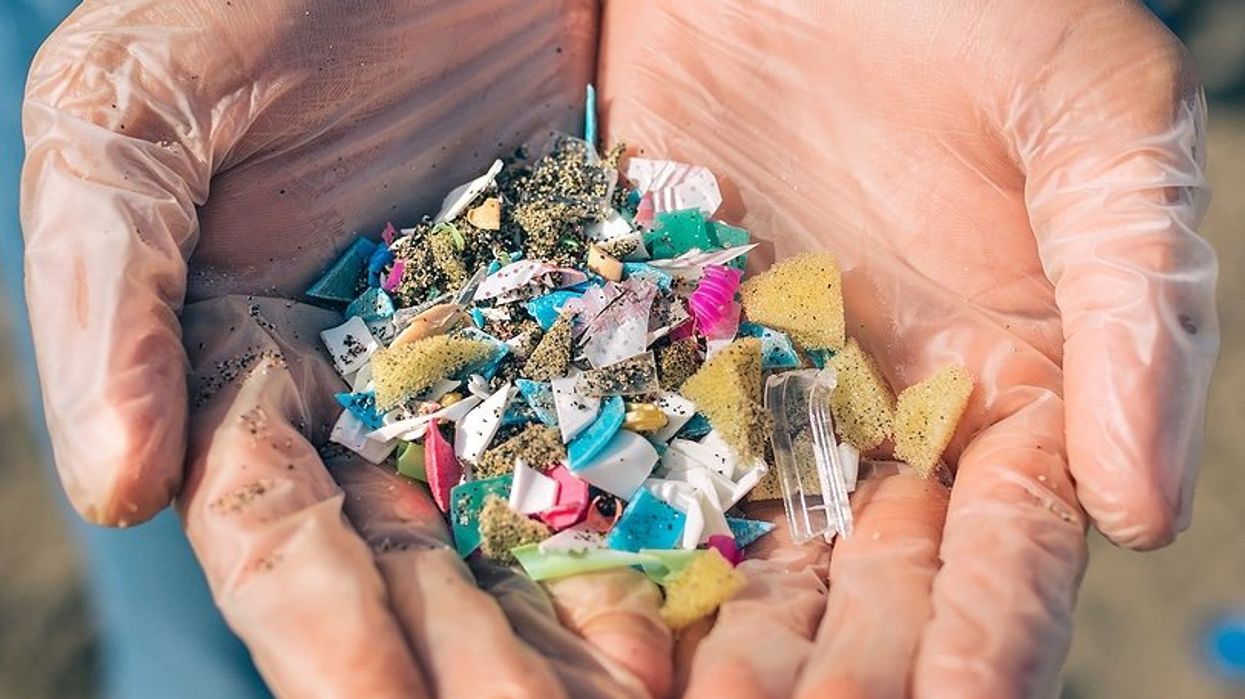A federal judge rejected Johnson & Johnson’s latest attempt to settle over 90,000 cancer-related lawsuits through bankruptcy court, forcing the company back into the tort system.
David Segal reports for The New York Times.
In short:
- Judge Christopher Lopez denied Johnson & Johnson’s $9 billion settlement proposal, marking the third failed attempt to resolve talc-related cancer claims via bankruptcy court.
- The company had created a subsidiary, LTL Management, to absorb liability and declare bankruptcy — a tactic critics call the “Texas two-step.”
- Internal documents show company concern over asbestos contamination in its talc-based baby powder, which is no longer sold globally.
Key quote:
“While the court’s decision is not an easy one, it is the right one.”
— Christopher Lopez, federal bankruptcy judge
Why this matters:
At the heart of the litigation are tens of thousands of lawsuits alleging that J&J’s talc products were contaminated with asbestos, a mineral known to cause cancer, and that prolonged use — particularly by women — led to devastating health outcomes such as ovarian cancer and mesothelioma. Despite decades of branding the powder as gentle enough for infants, internal documents revealed during discovery suggest the company may have known about potential contamination risks for years. J&J has denied any wrongdoing and maintains its products are safe, but its controversial legal strategy — seeking bankruptcy protections to limit financial liability while remaining financially healthy — has provoked backlash.
Related: Many U.S. baby formulas contain contaminants, report finds














